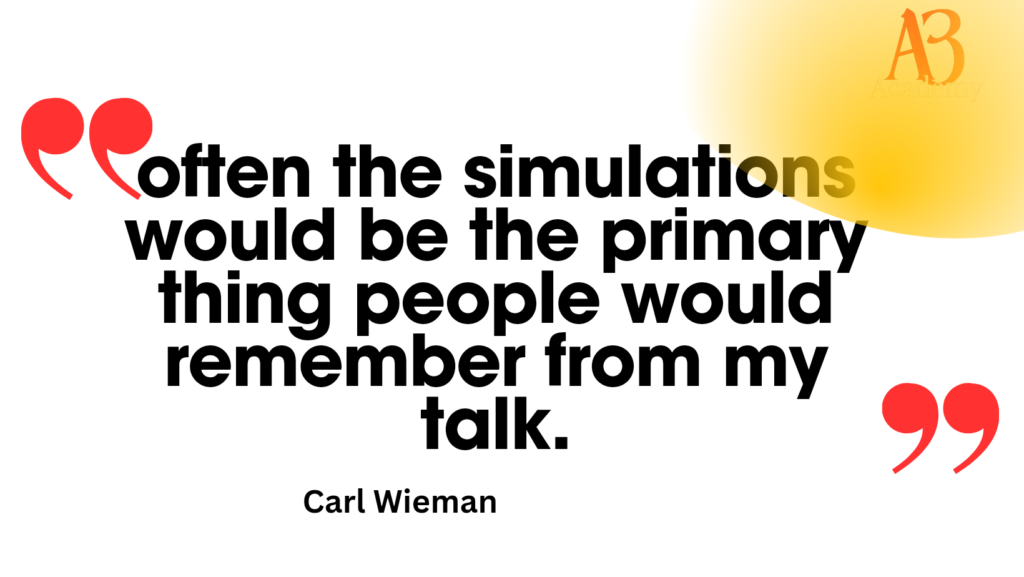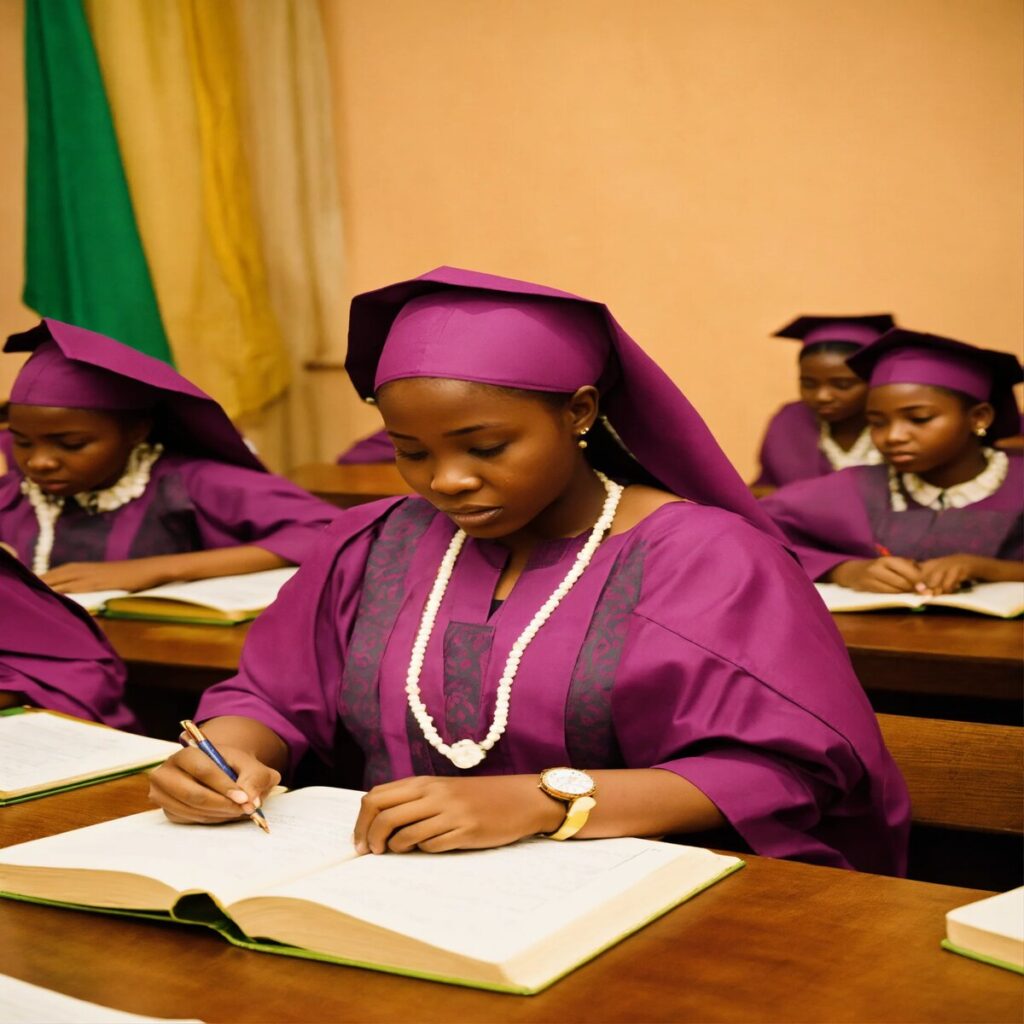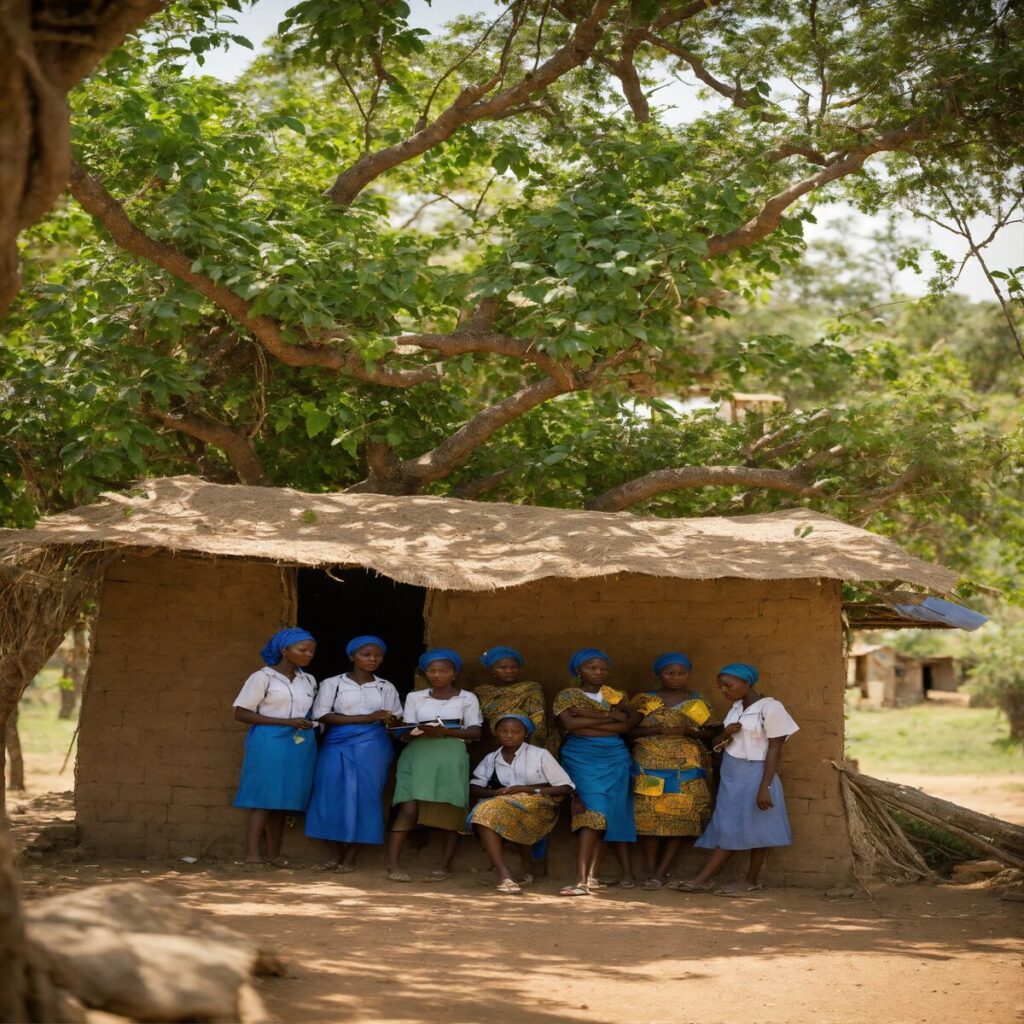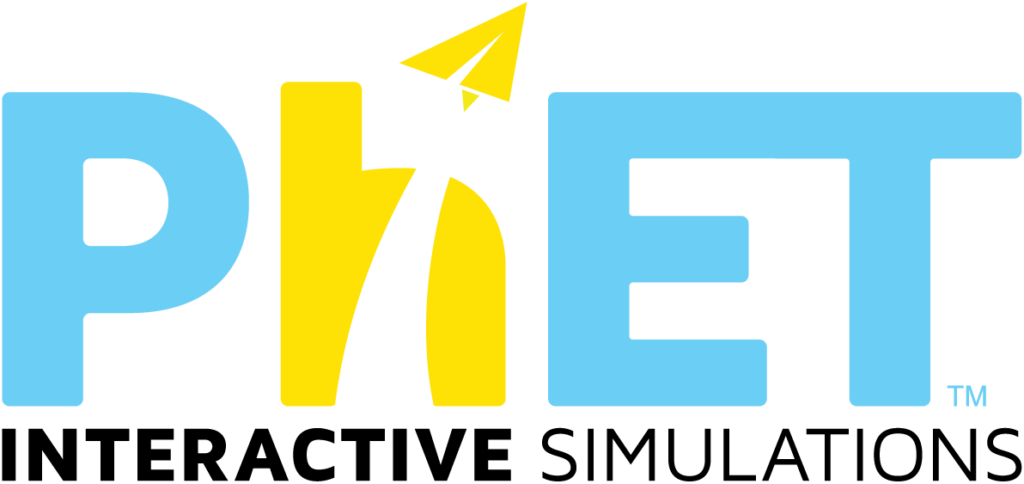
Overview Of Female Education in Nigeria
Testimonials.
“A3 Academy changed my perspective on science. The interactive simulations make learning fun, and now I love STEM subjects!”
“A3 Academy not only teaches science but also boosts confidence. I feel more capable in STEM, thanks to their supportive environment.”
“A3 Academy’s commitment to encouraging girls in STEM is making a real impact. I now have friends who aspire to be scientists and engineers.”
“A3 Academy doesn’t just teach science; it instills a passion for it. I never thought I’d enjoy STEM subjects this much!”
“The interactive simulations at A3 Academy make learning hands-on and interesting. It’s like a journey of discovery every class!”
“A big shout out to A3 Academy for making science accessible and exciting for everyone. Their efforts to bridge the gender gap are creating a positive change in education.”
“A3 Academy’s mission to bridge the gender gap in STEM is commendable. They inspired me to believe that girls can excel in these fields too.”
“I used to find science confusing, but A3 Academy’s approach made it so much easier. The encouragement to pursue STEM courses is empowering.”
“Being part of A3 Academy has not only improved my grades but also made me more curious about science. The encouragement to explore is truly motivating.”
“I appreciate how A3 Academy goes school by school, spreading the love for science. It ensures that everyone gets a chance to benefit from their unique teaching methods.”
A3 Academy in Partnership. We thank Phet Interactive Simulation and the World Economic Forum for supporting us on this Journey.














